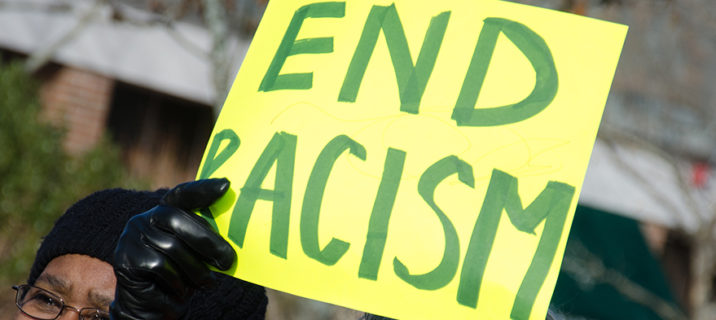
The debate concerning critical race theory (CRT) that has proven so divisive in secular society has landed on the campuses of evangelical colleges, sparking similar episodes of conflict, writes Julia Duin in Newsweek (February 14). CRT is a disputed concept, but it generally relates to the idea that racism is endemic and systemic in most American institutions, with critics charging that it has a Marxist orientation. Duin writes that the concern over CRT among evangelicals has become so dire that the website gospelshapedfamily.com posted a list of “Christian Colleges Without Critical Race Theory.” The Christian website classicaldifference.com has likewise posted a list of questions that include issues of race and diversity for parents to pose to the admissions departments of any Christian college their child is considering. Even a college as conservative as Grove City College, a conservative Presbyterian institution that refuses government aid, has come under fire for teaching CRT. “It’s amazing how a school as conservative as we are can be a flashpoint, which reveals how troubled people are about critical race theory,” Paul McNulty, president of the college, said. “I appreciate the concern, but we need to find a way to talk about race without appearing to promote critical race theory. Of course we don’t promote a Marxist position on these things.”
Duin writes that George Floyd’s murder put pressure on all institutions, including Christian ones, to respond in some way to the issue of racism. Early on, Azusa Pacific University assembled a lengthy anti-racism resources list. Last April, Wheaton held a first-ever “Racialized Minorities Recognition Ceremony.” Wheaton philosophy professor Nathan Cartagena said teaching his class on critical race theory was “much harder” because some students were saying the theory “is of the devil.” Duin notes that many Christian colleges seem to agree with some CRT tenets. The Council for Christian Colleges and Universities (CCCU) met last week in Dallas, holding seminars such as “At the Table, but Not Equally Served: Thriving in Black and Latino Men at CCCU Institutions,” and “Decentering Whiteness in Teacher Education Programs at Christian Universities.” Scott Rae of Talbot School of Theology said evangelicals disagree on whether racism is purely individual or embedded in systems. He added that “There’s a good deal more diversity of thought at Christian colleges than at state universities. Christian colleges actually have conservatives on campus, so the conversation is a bit different there.”
